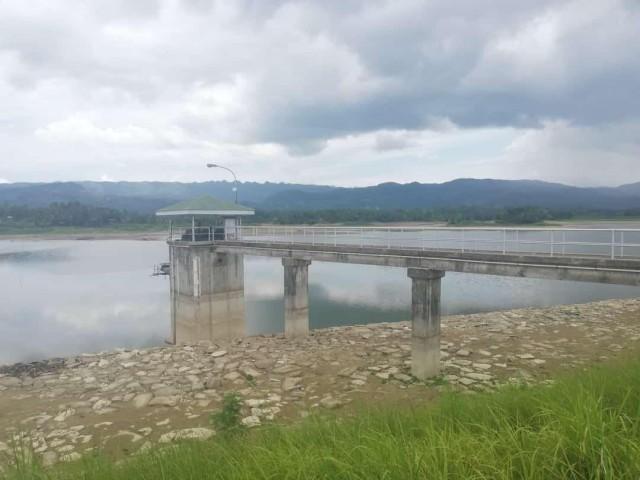Bohol declared under state of calamity due to El Niño

The entire province of Bohol was placed under a state of calamity on due to the ill effects of the El Niño phenomenon.
The Sangguniang Panlalawigan (Bohol Provincial Board) approved a resolution on Tuesday afternoon, October 15, submitted by the Provincial Disaster Risk Reduction and Management Office (PDRRMC) to declare Bohol under a state of calamity.
With the declaration of a state of calamity in the province, the local government units (LGUs) can start releasing their calamity funds to help assist affected sectors, particularly farmers whose crops and livestock were affected by the drought.
Dr. Larry Pamugas, acting provincial agriculturist, said 38 out of 48 towns in Bohol are affected by the drought.
He said the estimated agricultural damage caused by the weak El Niño in Bohol has already reached P179 million.
At least 100,000 families of farmers were already affected, he added.
Bohol, known as the rice bowl of Central Visayas, produces 75 percent of rice to the region's food requirement.
It has a total of 46,587 ha of rice farms, accounting for 25 percent of the province’s agricultural land. Of the rice fields in Bohol, 24,000 ha are irrigated and the rest rely on rain.
The drought also affected the water levels in four irrigation dams—Malinao in Pilar town, Bayongan in San Miguel town, Capayas in Ubay town and Zamora in Talibon town.
Water at the Malinao Dam, Bohol’s biggest irrigation system, has gone down to “near critical level."
The same situation has been experienced in other irrigation facilities, including communal irrigation systems.
Scattered rains have started to be experienced in some parts of the province, but Pamugas said the rainwater would not be enough to provide for the province’s water supply needs.
He said a cloud-seeding operation is set to be conducted within this week sponsored by the Department of Agriculture.
"This is in preparation for the next cropping season which will start last week of October or November," Pamugas said.
He encouraged farmers to plant high-value crops in the area such as vegetables that require less water. — BAP, GMA News



